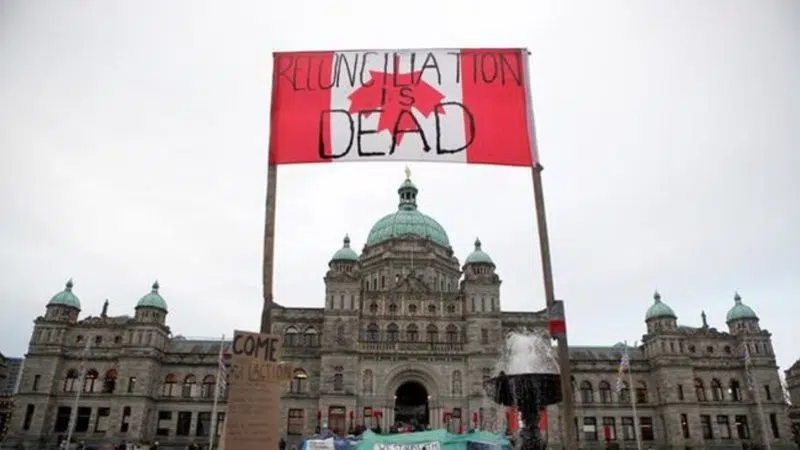
ROTHENBURGER: Some questions from a white dude about the death of reconciliation
THIS MOSTLY WHITE DUDE has some questions about the death of reconciliation.
I ask these questions of those putting up the “Reconciliation is Dead” signs at the blockades, posting it on their websites and proclaiming it daily on the TV news clips.
I don’t mean the radical activists who come from away and try to hijack your cause. I mean those who are actually part of it.
As I think about this, I wonder if reconciliation ever had a chance. What would reconciliation have looked like to you?


